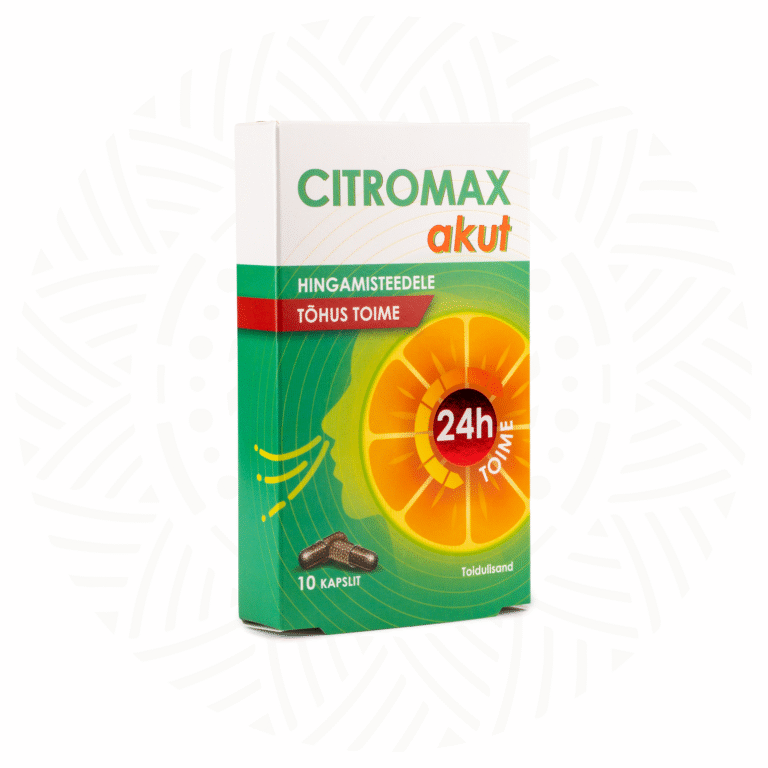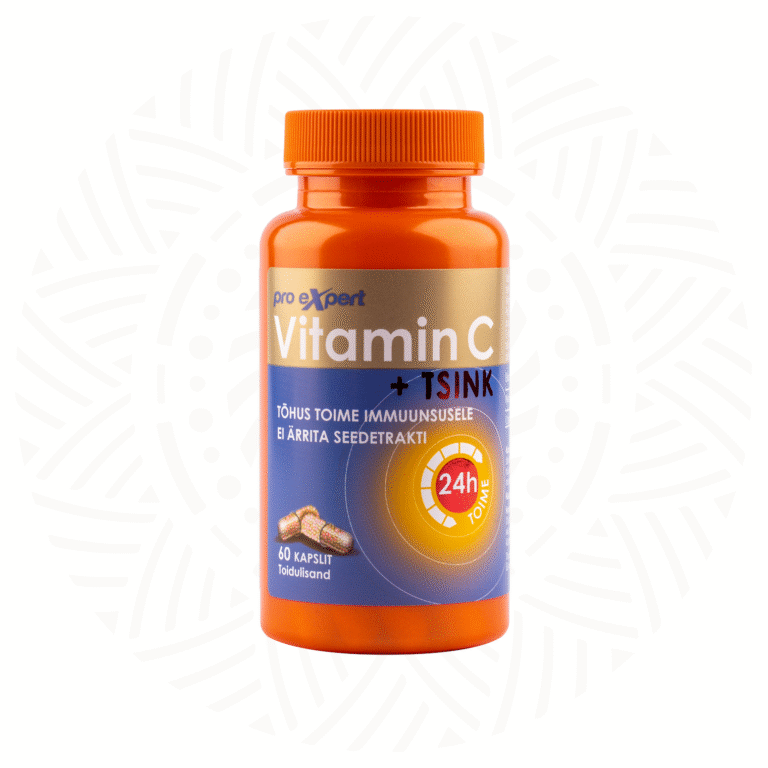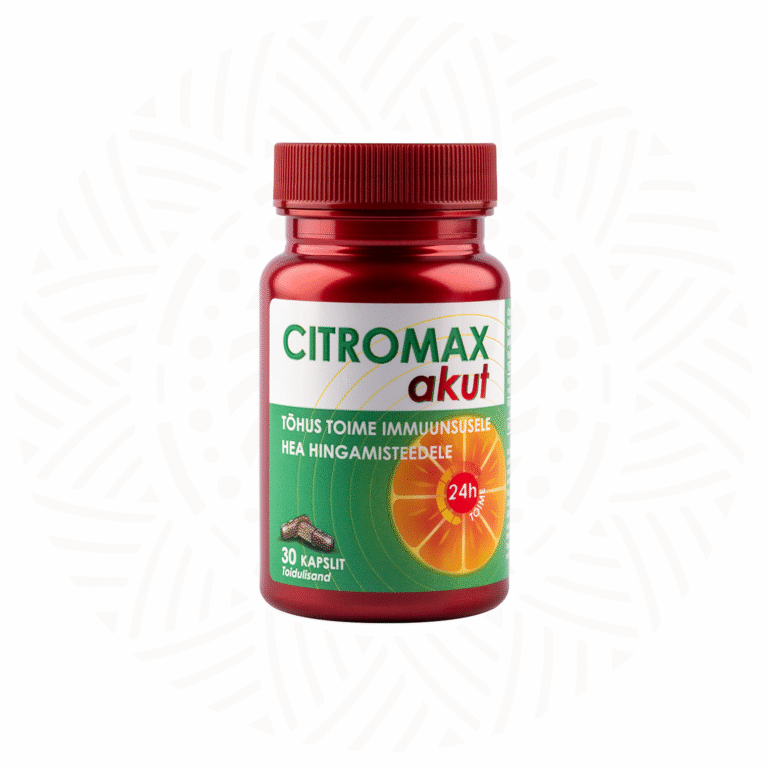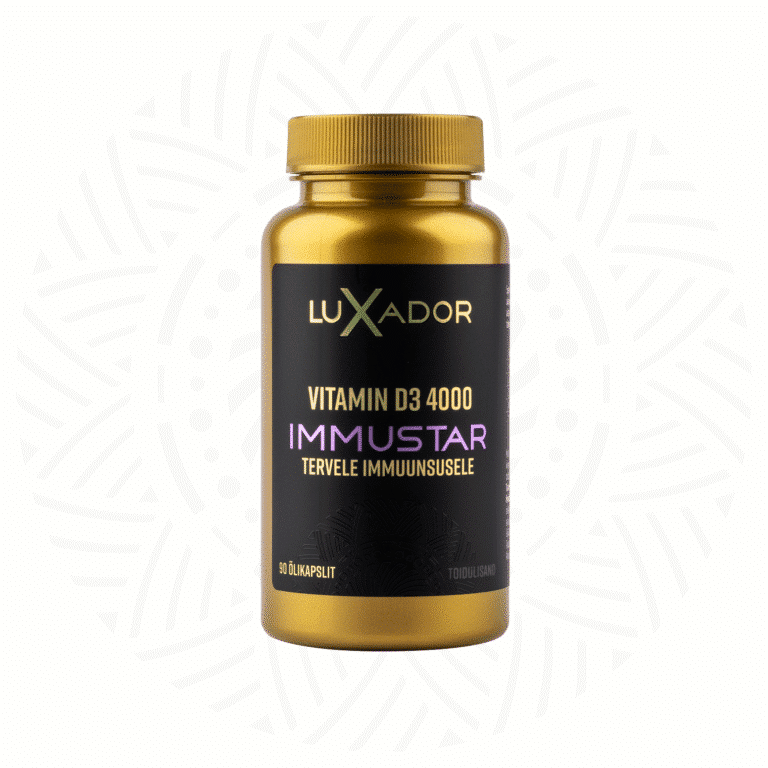Common cold is the most frequent upper respiratory viral infection, which has been with us since ancient times. The sooner you start treating the cold at the first signs of symptoms, the quicker you can get rid of it. Here is useful information on how to treat a cold and what helps most effectively against it.
What is the common cold?
The common cold, also known as nasopharyngitis, is a viral upper respiratory infection with symptoms including cough, sore throat (pharyngitis), runny nose, fever, and general discomfort. Adults get colds 2-3 times a year, while children get them 6-12 times a year.
How long does a cold last?
With proper and effective treatment, a cold can be beaten in just one day. If the cold is not immediately controlled, it can last for 7-10 days, or even longer with a weakened immune system. The cold is contagious for the first 4 days when symptoms are most severe.
If the cold lasts longer than three weeks, it is considered chronic. Chronic colds are often caused by prolonged or repeated colds or allergic irritants like dust mites, mold, and animal hair. If chronic cold is accompanied by chronic nasal congestion, it’s important to see a doctor.
Does the cold result from getting chilled?
In the past, the cold was indeed called a “chill disease,” but such a condition as “chill disease” does not exist. Getting chilled is a contributing factor, but contact with the virus is required for infection. A common cold can be caused by nearly 200 different viruses, with rhinoviruses being the most common. Factors that contribute to catching a cold include:
- weakened immune system
- overworking
- stress
- unhealthy diet
- smoking
Can the cold be prevented?
The most effective treatment for the cold is always prevention. Preventing a cold is similar to preventing any viral disease:
- rest and get enough sleep
- spend time in fresh air as much as possible
- wash your hands frequently
- eat healthily
- quit smoking
- keep stress levels low, as stress weakens the immune system
- use supplements to strengthen the immune system: Vitamin A, Vitamin C, Vitamin D, Vitamin E, Zinc and Iron.
Why is it important to alleviate a cold?
A cold itself is not a serious illness, but it can lead to several serious health problems. It is important to immediately alleviate the symptoms caused by the cold to prevent complications. In young children, the cold can cause middle ear infections, while in adults it can lead to sinusitis.
Cold in children
A cold is a common companion for many children during the fall and winter. A viral cold is recognizable on the first day by red nostrils and watery discharge. By the second or third day, the cold becomes thicker and yellowish-green. Due to swelling, nasal discharge may not come out easily, and it may flow into the respiratory tract causing coughing.
How to treat a cold in children?
Viral colds usually resolve within a week and do not require special treatment. Preventing complications is the most important. Children should learn to blow their nose correctly – one nostril at a time. It is important to alleviate the symptoms of the cold to improve the child’s comfort:
- use saline sprays to rinse the nose
- apply a chest rub before bedtime, as the vapors help ease breathing
- elevate the head of the bed for sleeping
- keep the room air slightly more humid than usual
- use a cold mist vaporizer
- use essential oils for inhalation: eucalyptus oil, lemon oil, peppermint oil, etc.
Cold during pregnancy
A pregnant woman’s immune system is weaker, and the risk of contracting upper respiratory viral infections is significantly higher. Additionally, colds can last longer. Therefore, strengthening the immune system during pregnancy is important. Vitamin C and Vitamin D are excellent for boosting the immune system. Also, during pregnancy, it’s important to ensure there is no iron deficiency.
Nasal congestion during pregnancy is caused by two factors:
- During pregnancy, estrogen levels rise, leading to swelling of the mucous membranes.
- There is an increase in blood volume, which may cause the blood vessels in the nose to expand, leading to nasal congestion.
Nasal spray is not always the best choice
Chemical cold medications constrict the blood vessels in the nose. This provides quick relief from nasal congestion. However, chemical nasal sprays do not relieve other symptoms (such as nasal discharge, itching, sneezing).
It’s worth noting that frequent and long-term use of nasal sprays can lead to new problems – excessive dryness of the nasal mucosa and even addiction. Contrary to the desired relief, mucosal damage may occur, which is difficult and time-consuming to treat.
How to avoid addiction?
Modern treatment guidelines recommend using natural methods rather than chemical nasal sprays to treat a cold.
If you have unknowingly become dependent on nasal sprays, it should be addressed immediately. First, you should stop using the addictive medication and replace it with a more natural alternative – moisturizing nasal oils and saline sprays.
What helps with a cold?
When treating and alleviating a cold, it is important to use natural remedies that do not cause dryness of the nasal mucosa or dependence with prolonged use. The following provide effective relief:
Citrus bioflavonoids
Citrus bioflavonoids are excellent for alleviating a cold, especially synephrine, which is extracted from bitter orange. Synephrine from bitter orange keeps your nose clear and airways open. Synephrine is a natural and gentler analogue to pseudoephedrine (the main active ingredient in common cold tablets) and does not lead to dependence with long-term use.
Pelargonium extract
Pelargonium extract effectively alleviates respiratory issues in a natural way. Pelargonium extract prevents the virus from settling in your nasal mucosa and makes it difficult for already established viruses to multiply – thus reducing the duration and severity of upper respiratory infections.
Indian gooseberry
Indian gooseberry protects the nasal mucosa and supports respiratory health naturally. Indian gooseberry has antiviral and antibacterial properties. It has been proven that Indian gooseberry helps speed up recovery from cold symptoms – such as runny nose, sore throat, and cough – by preventing virus multiplication on mucous membranes.
Essential oils
The variety of essential oils and their therapeutic properties is impressive. Essential oils help quickly and effectively relieve cold symptoms. The most effective oils are peppermint, lemon, and eucalyptus oils. Essential oils help keep the nose clear and allow for easy breathing.
Let your nose breathe, not sniff!







